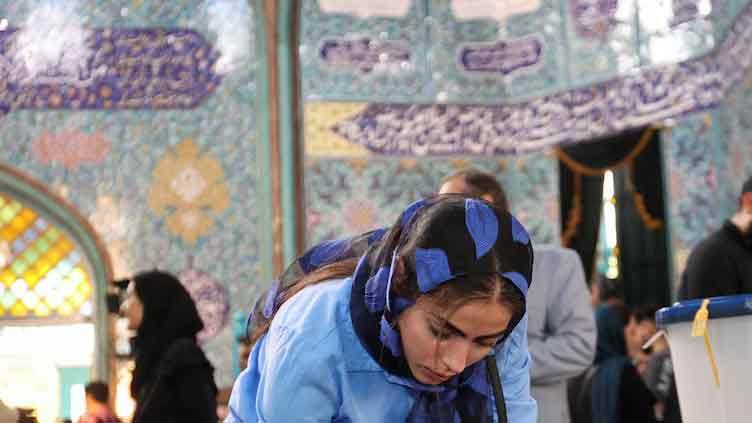Iran votes for new president amid voter apathy, mounting pressure

World
Iran votes for new president amid voter apathy, mounting pressure
DUBAI (Reuters) - Iranians voted for a new president on Friday following the death of Ebrahim Raisi in a helicopter crash, choosing from a tightly controlled group of four candidates loyal to the supreme leader at a time of growing public frustration and Western pressure.
The election coincides with escalating regional tension due to war between Israel and Iran's allies Hamas in Gaza and Hezbollah in Lebanon, as well as increased Western pressure on Iran over its fast-advancing nuclear programme.
While the election is unlikely to bring a major shift in the Islamic Republic's policies, its outcome could influence the succession to Ayatollah Ali Khamenei, Iran's 85-year-old supreme leader, in power since 1989.
Khamenei called for a high turnout to offset a legitimacy crisis fuelled by public discontent over economic hardship and curbs on political and social freedom.
"The durability, strength, dignity and reputation of the Islamic Republic depend on people's presence," Khamenei told state television after casting his vote. "High turnout is a definite necessity."
The next president is not expected to usher in any major policy shift on Iran's nuclear programme or support for militia groups across the Middle East, since Khamenei calls all the shots on top state matters.
However, the president runs the government day-to-day and can influence the tone of Iran's foreign and domestic policy.
A hardline watchdog body made up of six clerics and six jurists aligned with Khamenei vets candidates, and approved only six from an initial pool of 80. Two hardline candidates subsequently dropped out.
THREE HARDLINE CANDIDATES, ONE RELATIVE MODERATE
Three candidates are hardliners and one is a low-profile
comparative moderate, backed by the reformist faction that has largely been sidelined in Iran in recent years.
Critics of Iran's clerical rule say that low and declining turnouts in recent years show the system's legitimacy has eroded. Just 48% of voters participated in the 2021 presidential election and turnout plumbed a record low of 41% in a parliamentary election in March.


